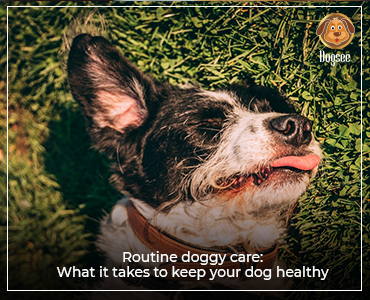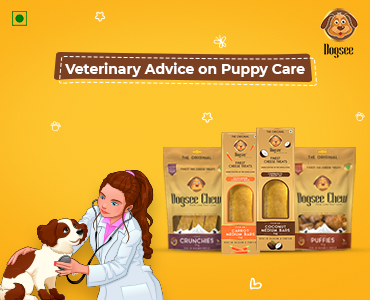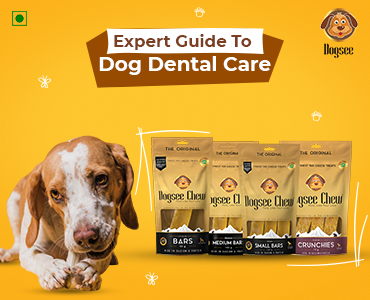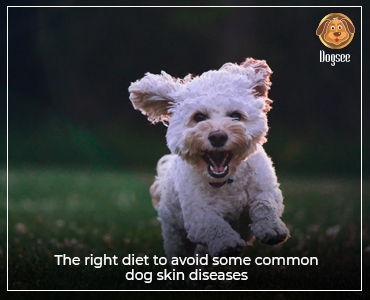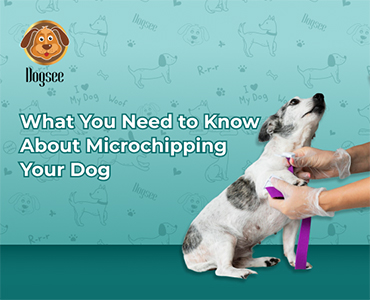
There is no denying that we live in a toxic environment. We, as humans, are aware of how to limit the number of toxins we consume, but how many of us are aware of what to do with our dogs? Did you know that our dogs, too, require detoxification? Clearing up a dog's digestive system sounds like a tedious task, but it is not. Given how vital dogs are to our happiness, it is necessary to help them live a healthy and toxin-free life.
Before talking about how to flush toxins from a dog's system, let’s understand why we need to do so.
How do toxins harm my pet?
With time, our pets' bodies become unable to discharge toxins as they accumulate. Internal and external toxins might eventually result in dangerous situations or diseases, including liver failure, starvation, allergic reactions, respiratory failure, and digestive problems. The liver and kidneys are two large organs in the body that assists in filtering pollutants. Toxins are removed in two steps by the liver, which results in water-soluble toxins that may be flushed out of the body via the kidneys and gastrointestinal tract. Things can get held up if any of the steps in this procedure go wrong. This may cause your dog to have indigestion.
How does detoxification work?
The basic purpose of detoxification is to boost liver and kidney support so that these organs can eliminate toxins and prevent buildup. So, how can we avoid our dog having an upset stomach due to toxins?
This is best accomplished by consuming the right meals. Water, antioxidants, enzymes, amino acids, vitamins, minerals like selenium and sulphur are the most powerful detoxifying agents. When the body receives these nutrients, it can finish the detoxification process and eliminate pollutants. Raw food diets, fortunately for us and our pets, are an excellent source of all of these nutrients. Raw organ meat contains high levels of folate and vitamins A, B12, B6, and E. Raw fruits and vegetables are high in natural vitamins and minerals, while certain vegetables are high in sulphur. Raw food is also high in moisture, enzymes, and amino acids!
Steps to Detoxifying a Dog's Digestive System
1. Clean Water: It is recommended that giving your dog spring water is best as it provides natural nutrients and minerals. These natural nutrients would help cleanse out any toxins in your dog's digestive system. Keeping your dog hydrated is important when your dog is going through an upset stomach.
2. Protein-Rich Foods: 10% of your dog's diet requires protein-rich foods! This would give their gut enough strength to withstand detoxing. The proteins would also help improve your dog's muscle strength.
3. Raw Food: Commercially processed foods and chemically synthesised vitamins should be avoided at all costs. For dogs, raw and whole meals are good options. Organic meals, natural vegetarian sources, and even biodynamic foods are perfect! Foods like beetroots, carrots and even shredded coconut would work towards detoxifying your dog's gut! This food can clean out your dog's digestive system and prevent indigestion.
4. Avoid Synthetic Vitamin: Synthetic vitamins should be avoided. They do affect your dog's digestive system. You can also find natural vitamins and essential minerals in dog treats. If your dog's normal food lacks the nutrients they require, you can make up for it with treats! Healthy dog treats would help your dogs enjoy a delicious snack when on detox. Dogsee Chews’ collection of treats is naturally rich in vitamins and minerals. Whether it’s cheesy treats or veggie/fruit-based treats, you can be sure that they have no synthetic vitamins.
5. Fasting: Fast your dog for one day per week. You can follow these steps to understand how to flush a dog’s digestive system:
Water that is completely free of contaminants.
Make a broth with safe vegetables and fruits you have on hand.
Some massive hard chew bars, sized for your dog's mouth to act as a slow, all-day sucker.
Break the fast with a light lunch of pure vegetables or fruits topped with a tasty cheese flavouring powder.
6. Prevent Candida: Canine Candidiasis Candida is a type of sugar-digesting yeast that is found in the mouth, nose, ears, gastrointestinal, and genital tracts of animals. This opportunistic yeast will occasionally colonise or infiltrate damaged tissues in immunocompromised animals. It also causes dogs to have a severe upset stomach and other health issues.
7. Repair A Leaky Gut: Food allergies are common in dogs with sensitive digestive systems, just as they are in humans. Vaccines and processed meals should be avoided, and the liver should be supported. Make sure the dog's diet includes fermented vegetables.You can also include delicious treats and snacks that are vegetarian and natural. Dogsee chews’ healthy Himalayan treats and freeze-dried crunch work best! You can always seek therapy from a naturopathic veterinarian.
If you want to know about dog nutrition, read our blog on The Essential Nutrients Your Doggo Needs
8. Skin Support: Besides the digestive system, a dog’s skin also plays an important role in harbouring toxins. Because the skin is the largest organ of concern for everyone, it’s important to manage it. Brush your dog with a natural bristle brush regularly to remove old, dead skin cells and hair. If you have access to springs or freshwater, let your dog swim. Also, bathe your dog now and then, but no more than a couple of times a year. Diet also plays an important role. Make sure you treat your doggo with healthy dog treats!
9. Boost Nutrients: Mercury toxicity can cause nutrient deficits. Antioxidant vitamins (A, C, E, etc.), zinc, magnesium, and selenium are all necessary for your dog to detox. These can also help with post-vaccination immunity issues.
10. Eliminate Household Chemicals: Household chemicals are something we don't think about when it comes to toxins our dogs can ingest. Dogs can get upset stomachs due to various chemicals. Be wary of chemicals contained in perfumes, air fresheners, scented plug-ins, laundry products, and even dryer sheets, in addition to those found in bug killers, cleaning goods, and solvents. Many of the chemicals in these are known to cause or worsen respiratory diseases like asthma in people and dogs, and they are often unregulated and untested by US health protection organisations. Make your cleaning goods or look for 100 percent natural cleaning supplies.
Summary
The list of toxins we consume in our daily lives is endless. However, you now have the means to assist your dog's body to eliminate it. These toxins may cause harm to your dog's digestive system. Maintaining your dog's liver and other organs is important. They are the filters of toxins in the body. By resorting to healthy habits and a clean diet you can maintain your doggo’s internal health.
 HELPFUL0 people found it helpful
HELPFUL0 people found it helpful
Related Blogs
Subscribe to Our Blogs
and never miss on the latest update!








